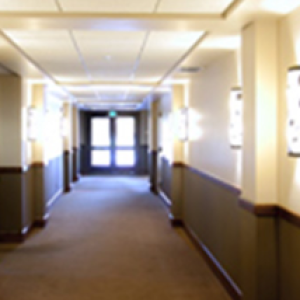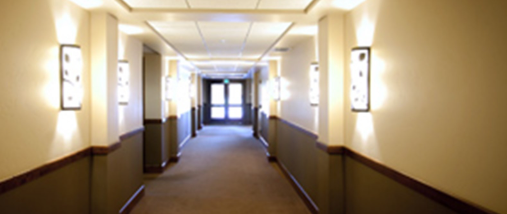
The pros and cons of freehold and leasehold properties
Did you know that there is more than one way of owning a home? The terminology around home ownership can be confusing, especially if you are a first-time buyer. One of the common mistakes when buying a home is to confuse freehold and leasehold. Most houses are freehold but some are leasehold. On the other hand, most flats are leasehold but some are freehold.
What is a freehold property?
According to the UK government, freehold continues for an indefinite period of time. You do not have to pay any rent on a freehold property. You can sell it or give it away and it is the closest you can get to owning land and property absolutely. When you get freehold conveyancing quotes, they will include a check on the freehold status of the property.
What is a leasehold property?
With a leasehold property, you have a legal agreement that gives you certain rights over that property but only for a fixed period of time. The freeholder (who may be referred to as the landlord) will get ownership back at the end of the lease. Most, but not all, flats are leasehold.
When you are purchasing a property, it is important that you understand the difference between freehold and leasehold. The services of a conveyancing solicitor such as https://www.samconveyancing.co.uk/conveyancing-quote include determining which type of property you are buying.
What are the pros and cons of freehold properties?
Freehold properties are owned completely by you. This means that you do not need consent to carry out alterations, provided you comply with planning and building control legislation. You will not have to pay admin fees to a landlord and will own the property indefinitely or until you sell it.
The downside of this is that you have to pay for all of the repairs and maintenance. Also, freehold properties tend to be more expensive.
What are the pros and cons of leasehold properties?
The advantage of a leasehold property is that you are not responsible for maintaining the building and communal areas. They are usually cheaper than freehold properties and give you the chance to get a foot on the property ladder.
The disadvantage is that you will have to pay rent and/or a service charge. There will likely be a list of restrictions on what you can do with the property. If you want to make alterations, you will need the landlord’s permission. There may be restrictions on whether you can keep pets or run a business from there. Leases run for a fixed term only. Lease properties can be hard to sell when the lease is about to expire.


Leave a reply